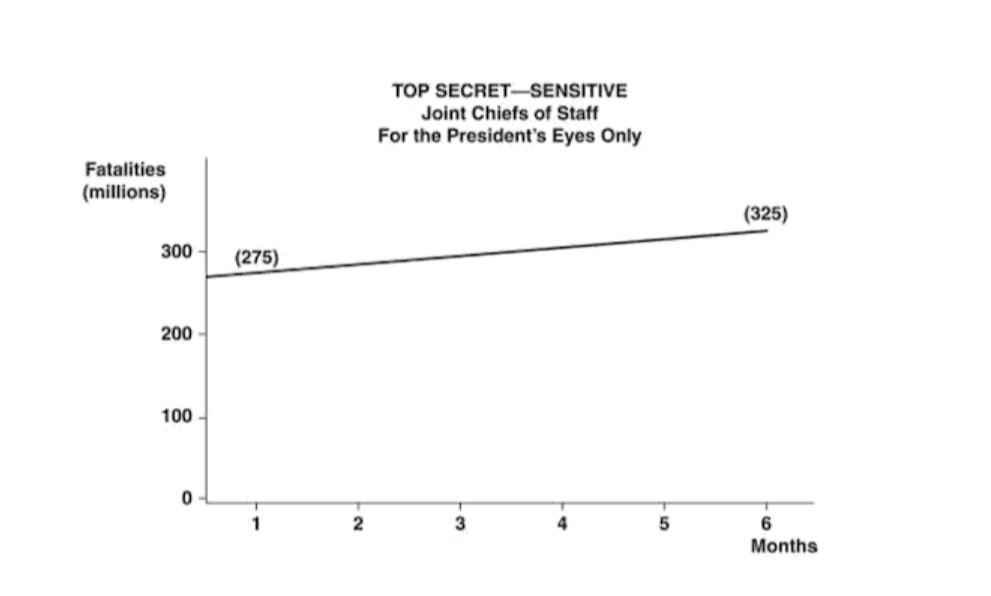I am subscribed to the Fermat’s Library newsletter. Their paper of the week is The Economic Organization of a P.O.W. Camp. The author, R. A. Radford, observed the life of the prisoners and their economic interactions. I guess this is a coping mechanism in a way. Use what you know to understand the situation you are in and survive the best way you can.
Radford’s paper and the use of cigarettes as currency reminded me also of the use of rum as currency in 1790 Australia (the most popular form in fact). Which also came with its own set of problems: Farmers had no incentive to produce crops only to be paid in rum. They had to pay workers in rum and with many workers drinking their pay, productivity was lowered.
It reminds me also of the book Games Prisoners Play, where its author Marek M. Kaminsky, while imprisoned in Communist Poland, started mapping the dynamics between groups of prisoners and analysing them using Game Theory.




